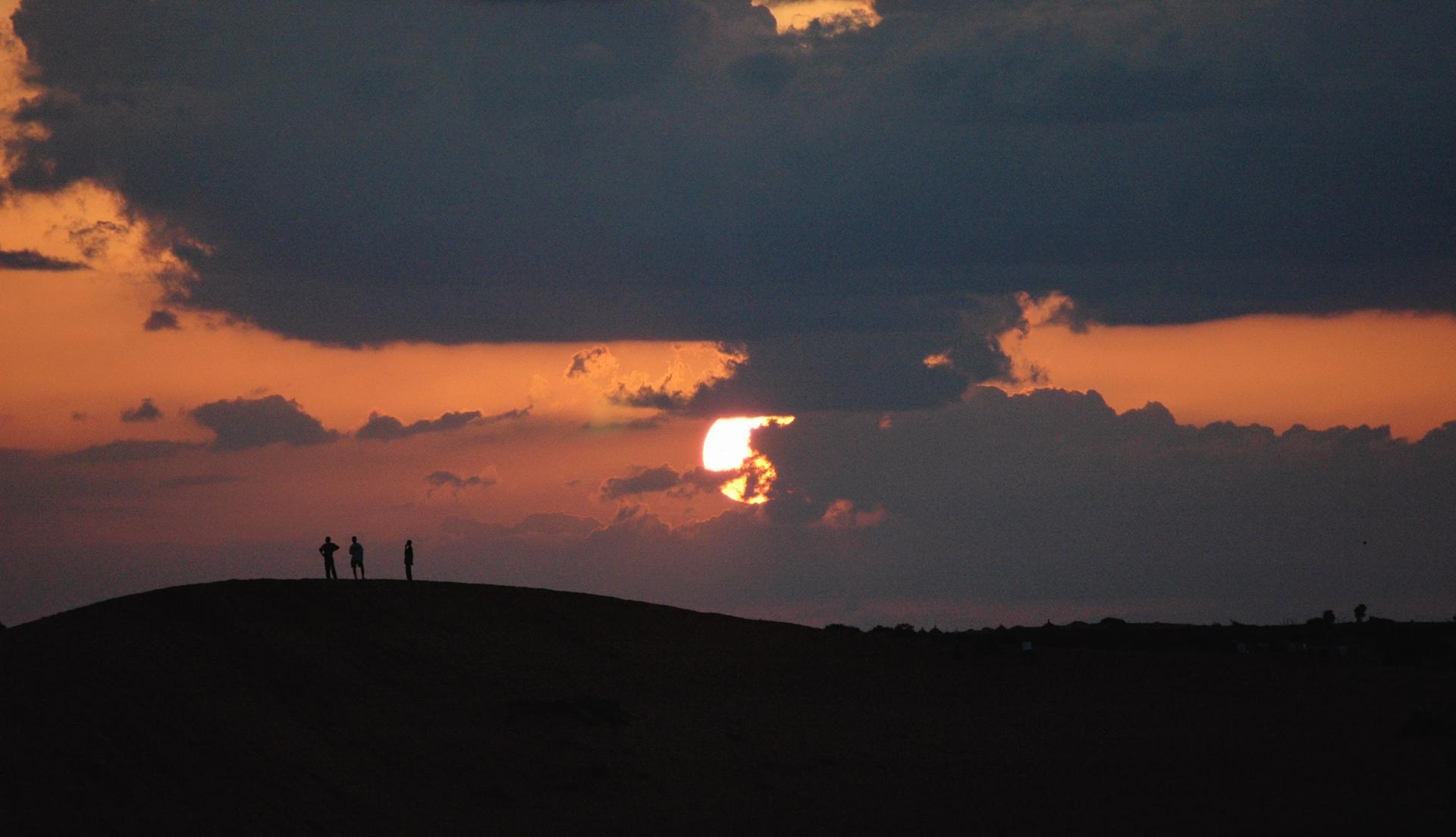Niger🇳🇪

Niger is a landlocked country located in West Africa, named after the Niger River that flows through it. Surrounded by Algeria, Libya, Chad, Nigeria, Benin, Burkina Faso, and Mali, Niger's relations with its neighbors are generally peaceful, yet affected by the regional instabilities like terrorism. The country is known for its diverse ethnic groups, vibrant culture, traditional music, and the historic city of Agadez, a UNESCO World Heritage Site. It features a Sahelian landscape with desert plains in the north and hilly savannas in the south. The capital city, Niamey, offers attractions such as the Grand Mosque, National Museum of Niger, and the vibrant Katako Market.
⚠️Things you should avoid⚠️
- Avoid drinking tap water without boiling or treating it.
- Avoid travelling to regions near the borders due to terrorist activities.
- Avoid non-essential travel during the night.
- Avoid travel during the rainy season as flooding might occur.
- Avoid discussing sensitive political, cultural, and religious issues.
- Avoid undeclared goods when crossing the borders.
- Avoid overt displays of wealth that may attract criminals.
- Avoid public gatherings due to the risk of political violence.
- Avoid handling animals to minimize the risk of rabies.
- Avoid unauthorized photography of sensitive sites.
Overall
3
Crime 🔫
3
The crime rate in Niger is relatively high due to low economic conditions and political instability. Petty crimes such as theft and pickpocketing are common, especially in urban areas like Niamey. More serious crimes like armed robbery and assault are also reported. Travellers should exercise vigilance, particularly in public places.
Terrorism 💣
2
Niger is affected by terrorist activity, particularly in areas near its borders where groups like Boko Haram and Al Qaeda operate. There have been several incidents, such as the 2019 Inates Military Base attack, in which 71 soldiers were killed.
War ⚔️
4
While Niger is not actively engaged in war, internal conflicts and rebel activities do occur, particularly in the north and near the borders with Libya and Mali. The 2017 Agadez attack by armed groups against the army was a noted incident.
Natural Disasters 🌊
5
Niger is prone to extreme climate-related hazards such as droughts and flooding. The 2012 Sahel drought and the 2020 floods that affected over 20,000 people are significant incidents.
Medical Care 🏥
2
The healthcare situation in Niger is not the best. Facilities lack resources, equipment, and trained personnel, particularly in rural areas. Emergency services are also limited.
Tap Water Quality 💧
2
Tap water in Niger is generally not safe to drink due to inadequate water treatment facilities. Diseases can spread through contaminated water.
Disease Burden 🤒
3
Niger has a high burden of diseases such as malaria, cholera, and yellow fever. The 2021 cholera outbreak affecting several regions was noteworthy.
Corruption 💸
3
Corruption is a significant issue in Niger, affecting sectors like infrastructure, healthcare, and public services. This hampers economic development and social progress.
Safety for Women ♀️
3
Women's safety is a concern in Niger due to societal norms and discriminatory laws. Gender-based violence and harassment are prevalent, particularly in rural areas.
Safety for Queer People 👬
2
LGBTQ+ rights are not recognized in Niger, and social attitudes towards queer individuals are generally negative. Harassment and discrimination are common.
Censorship 📺
4
While the constitution guarantees freedom of expression, media in Niger faces restrictions, particularly during times of political instability. Journalists critical of the government face harassment and arrest.
Public Transportation 🚌
3
Public transportation in Niger is limited and unreliable. Road conditions are poor, and accidents are common. Travelers are advised to hire private vehicles and avoid nighttime road travel.
Other useful information
🔒 How safe is it?
Due to high crime rates, terrorism threats, and health risks, caution is required when travelling in Niger. Always stay updated on the safety situation, avoid high-risk areas, and communicate with local authorities.
🏰 Embassies in this Country
Niger hosts various embassies including the U.S Embassy, British Embassy, and French Embassy, predominantly located in the capital, Niamey.
💉 Recommended Vaccinations
Before travelling to Niger, it is recommended to receive vaccines for diseases such as Hepatitis A and B, Meningitis, Typhoid, Yellow Fever, Rabies, Malaria, and routine vaccines.
🐍 Dangerous Animals
In Niger, dangerous animals such as poisonous snakes, scorpions, and some large mammals are present. Always exercise caution when exploring natural areas.
🛂 Visa Requirements
Most foreigners, including US, UK, and EU citizens, require visas to enter Niger. Visas can generally be obtained from a Nigerien embassy or consulate prior to departure.
💲 Currency
The official currency is the West African CFA franc (XOF). Money can be exchanged at banks and official exchange bureaus.
💳 Credit Card Acceptance
Credit card acceptance is limited in Niger, particularly outside Niamey. It's advisable to carry cash.
🧑🏭 Is it possible to work and travel in this country?
Work and travel opportunities are limited due to security and health risks. However, there are still possibilities for internships, volunteer work, or teaching jobs.
💵 Cost of Travel and Living
Niger is a relatively affordable country to visit and live in. Accommodation, food, and public transportation generally have low costs.